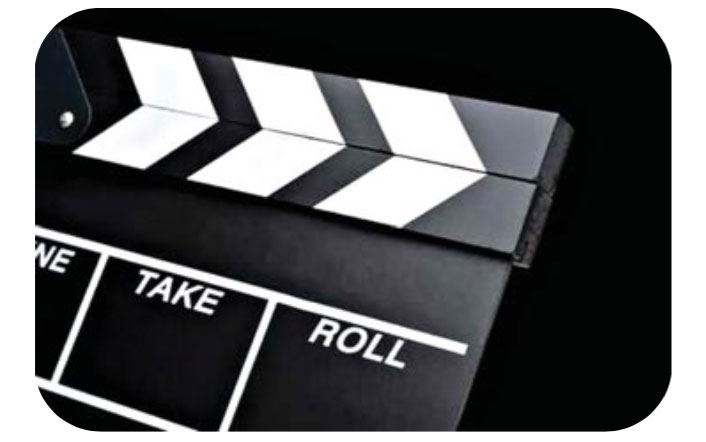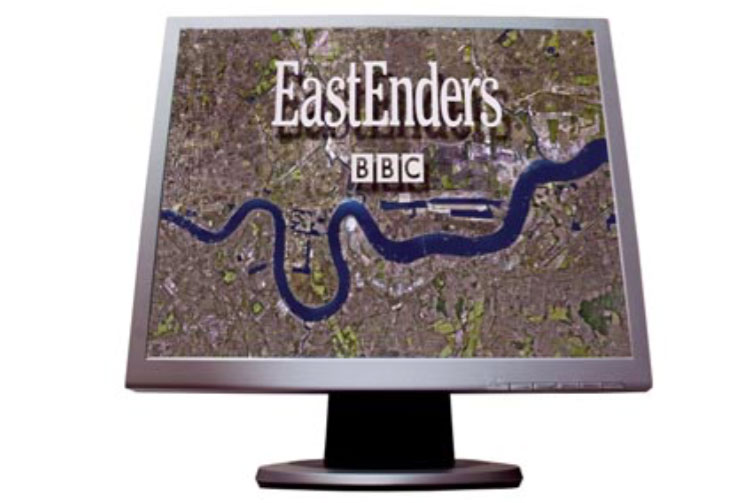Richard Evans is the Chairman of the CIPHE’s Education and Training Group. In this issue of ETM, he gives his view on how the industry is perceived.
Lights, camera…action!
This article attempts to explore the influence of the mass media on society’s perception of technical professions such as plumbing and on technical education and training in general. Too often the media promotes negative images and attitudes of these subjects. As we all know, they can have a real impact and influence both positively and negatively on the way people, particularly the young, understand and perceive key issues. In general, the media tend to sensationalise issues, which reinforces the already negative view of these topics. A good example is the wide coverage given to the behaviour of rogue traders and cowboy operators with little or no attention to the majority of highly professional operators and what they regard as best practice.
Again when one analyses the coverage of education and training, the bias is towards the so called academic subjects and the elitist aspects of education e.g. public/ independent schools and Oxbridge predominate, with minimal coverage of the FE sector and colleges. Another example is the annual hype about GCSE and GCE results compared with the little attention given to the achievements of students pursuing technical, commercial and other vocational qualifications in colleges and on apprenticeships.

Another factor with the media is the obsession with so-called celebrities and the resultant creation of narrowly stereotyped role models. After all, just look at the multitude of magazines dedicated to these individuals and the disproportionate coverage by TV of their antics. The majority of the celebrities promoted by the media are in fashion, show business, sports and music with very few in other areas of employment and most certainly not in technical/scientific occupations. Sadly this media bias reinforces the negative perception held by society of technical education/training and occupations.
So, how can the mass media be more constructive in the way it presents these strategically important topics?
A number of writers have suggested TV has a role to play in raising the profile of technical and scientific subjects by broadcasting programmes involving these activities and representing them in quiz shows. Worthy as these ideas are, I feel in addition the image and profile of the subjects and individuals involved in them, could be raised by introducing the subject more in programmes such as documen- taries and even establishing leading players in soap operas. This is not such a trite suggestion; just look at the interest and a massive increase in recruitment of students wanting to study forensic science after the Cracker series on TV.
If this can be achieved and the image of technical education and its related occupations improved, this will increase recruitment and student motivation. This can only benefit the economy, the home grown skills needed and the accessibility of jobs for young qualified people new to the workforce. It will bring about real lasting benefits to colleges and training providers, illustrating their key role and hopefully stop the closure, downsizing and merging of technical departments in colleges. Therefore, colleges should lobby the organisations that represent them, employers and their professional bodies, to develop promotional campaigns about their work and the occupations that they are preparing young citizens for.

